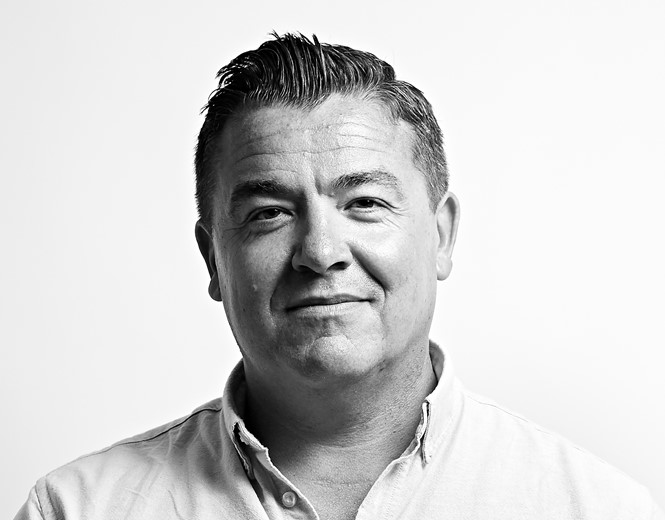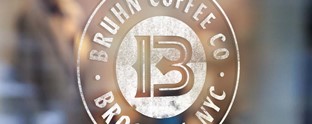Five minutes with Jonny Westcar

The World Energy Council has provided a forum for people in the energy sector for almost 100 years. But it felt it was time to continue to open up the debate to people beyond its sector. The newly created WE Talks platform does just that. Jonny Westcar, CEO of StormBrands, the agency recruited to activate the project, talks to Transform Magazine about the brand strategy’s role in driving global energy transition
Can you tell us a bit about WE Talks? How did it start and what is it looking to achieve?
The World Energy Council approached us because it was looking to take its proposition to a broader church and engage beyond the traditional heartlands of the energy sector. It wanted to be recognised as progressive, inclusive and innovative. We partnered with the Council to create WE Talks, an accessible digital platform that communicates that intent to everyone across all corners of the world who are interested in the energy debate. As the vital role of access to more and better energy in everyday life for everyone, everywhere rises to the top of the agenda, the Council wanted a fresh, inclusive and inspiring space for lively conversations.
We knew we wanted WE Talks to give the Council a modern and relevant facelift without compromising its unique heritage and global neutrality. So a pathway to the success of this was ensuring the brand identity reflected its position as inclusive, accessible and active.
Talk us through the branding process. How did you ensure the brand spoke to people from all walks of life across many different regions around the world?
We wanted WE Talks to stand on its own two feet to drive the inclusivity message. So, while the naming strategy connects WE Talks to the parent World Energy Council brand, by dropping the word ‘Council’ we have imbued it with an all-encompassing and informal feel. Graphic elements have also been taken from the core brand but have been given new purpose and punch.
For example, an existing graphic device called the ‘Line of Transition’ was reconfigured to communicate change and progress. The once static vertical stripe has been given a new lease of life and now works as a motion graphic to segue from one subject to another and as an audio wave, reflecting the lively conversation style and signposting the subject matter.
We also made sure that WE Talks’ tone of voice emphasised the spirit of open conversation, and the colourways have been updated using RGB palettes that are more suitable for use across multiple digital channels.
The overall look and feel is very global in its outlook – we stayed away from cultural references that would make sense in certain parts of the world but fall on deaf ears elsewhere. This project is all about bringing everyone on board, and making the debate inclusive, even though energy transition can mean very different things depending on your location.
How would you describe the design? How do you feel it encourages the climate change debate?
WE Talks is a strategic evolution for the Council. The Council understood that, to increase relevance moving forward, it needed to engage people through multiple channels, including social, in order to get the message around innovation and sustainability out into the public domain. WE Talks makes it possible to do that, particularly in a world where digital access is now a critical factor given physical interaction is restricted. The user-friendly interface means it’s easy to access and with minimal fuss, encouraging people to have their say on the debates taking place.
Which part of the final brand are you most proud of and why?
It’s exciting to be part of something as important as energy transition, and to demonstrate the power that strategic branding and strong creative responses can have to making change real. Brand strategy is playing a crucial role in bringing discussion around energy transition from behind closed doors into the public domain. And that’s something that the hard-working people of the World Energy Council knew needed to happen if it was going to make the difference it wants to make – and remain relevant in a modern digital space.












